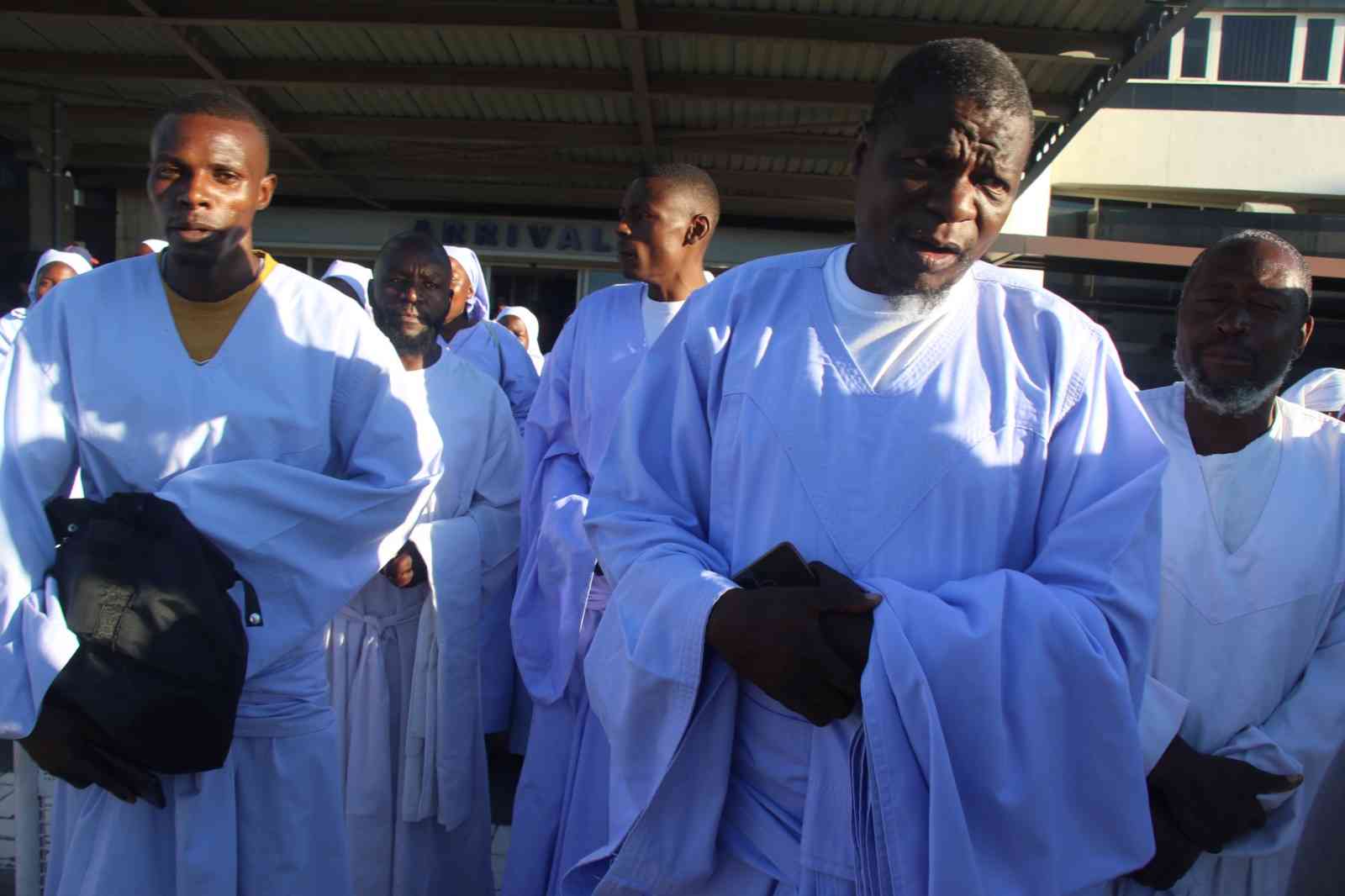
The Zimbabwe chapter of the Young African Leaders Initiative Regional Leadership Centre South Africa (Yali RLC SA) alumni has set its sights on fostering economic and social transformation among Zimbabweans, the marginalised groups included.
By Staff Reporter
Speaking at a recent alumni inaugural meeting in Harare following the recent leadership elections conducted by the Leadership Center South Africa, newly elected Zimbabwe alumni chapter coordinator Takemore Mazuruse said their work was cut out for them and they were in the process of engaging various stakeholders to foster real economic and social transformation in Zimbabwean communities.
“Yali is not an abstract concept but a clear investment in Africa’s next generation of responsible and results oriented leaders and being elected into the coordinating team comes with clear responsibilities, which we are geared to undertake,” said Mazuruse.
“We are in the process of engaging various stakeholders, among them development agencies, relevant government departments and ministries so that we are able to champion community-owned and relevant initiatives that can aid economic and social transformation in Zimbabwe.”
The theme for the Zimbabwe chapter alumni inaugural meeting was Working together for development.
Delegates highlighted the need for close collaboration and partnerships that can help in designing programmes that feed into ongoing community and national development programmes.
Most of the alumni membership is running brilliant community-driven programmes and with better coordination and support, they can make a great impact.
- Chamisa under fire over US$120K donation
- Mavhunga puts DeMbare into Chibuku quarterfinals
- Pension funds bet on Cabora Bassa oilfields
- Councils defy govt fire tender directive
Keep Reading
Yali Zimbabwe chapter monitoring and evaluation coordinator Taurai Zigore, said the meeting was instrumental in giving direction to the development-oriented network.
“The meeting allowed for interaction between the coordinating committee and the wider alumni community present. Key deliberations were made on the way forward, nature of activities and programmes,” Zigore said.
“The committee should spearhead within the implementation of the chapter committee action plan to address the country’s alumni community growth objectives for development, self-sustainability and entrepreneurship initiatives support.” The meeting, which was supported by the United States embassy, also served as the initial alumni community assessment with those present elaborating and supporting their choice for the thematic areas of focus the committee should implement in order to inclusively harness common alumni objectives.
Mazuruse highlighted that these final days of the year were critical in shaping the alumni’s humanitarian development trajectory.
“Community assessment will be carried out by the committee in the coming weeks to pave way for the establishment of the annual action plan for the Zim alumni chapter,” he said.
“We will be interacting with the the whole alumni community, deliberating on the thematic areas of focus, activities to be carried out and programme outreach. Ultimately, by end of year, the Zim chapter committee expects to have established a successful action plan for implementation from the beginning of January 2018.”
Juliet Mucharozva, who traveled from Gweru for the meeting, hailed the new leadership for living up to its promises and ensuring that all alumni was consulted on key activities by the local chapter.
“It was a candid engagement and we are happy with the outcome of the meeting. Leadership must be exemplary and be subservient to the promises. It is refreshing that the committee has not swayed from their election promises. The campaigning is over and it’s now time to do the work,” she said.
The Yali programme was launched by former United States president Barack Obama as a signature effort to invest in the next generation of African leaders. It has four regional leadership centres (Ghana, Kenya, Senegal and southern Africa). These centres serve as regional hubs across the continent to encourage transformational learning and enhancing leadership skills. The Yali regional leadership centres are a project of the United States Agency for International Development in close partnership with The MasterCard Foundation.
For one to become an alumni, they have to apply, highlighting proven leadership qualities. After making the grade, one is then taken through a month-long intensive training covering various tracks among them civic leadership, public management and governance, as well as business and entrepreneurship development.
To date, over 3 000 young African leaders have undergone the Yali training with encouraging results and impactful stories are being recorded across Africa.











